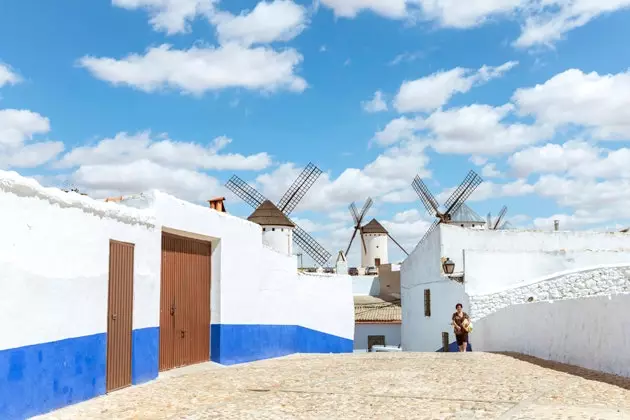
Long live rural exoticism!
1. THE EXPERIENCE OF THE AUTHENTIC
When talking to professionals in the sector, the concept ' genuine ’ is the one that is most linked to the return to the village and the rebound in this type of tourism. Along these lines, Fran Mestre, director of the Association of the Most Beautiful Towns in Spain, points out that "people are really interested in experiencing authenticity in authentic places, where gastronomy and tradition , together with the beauty of an enclave, means that they can literally be transported to other times”.
For its part, Angeles Jimenez , Manager of the Rueda Wine Route , assures that the key is in the close exoticism . “Rural tourism offers experiences that are very different from what can be found in any urban center and where enjoyment, sensations and pleasure are the protagonists , as in our case it is expressed through a glass of wine, a vine in the countryside or gastronomy to simmer . And all this, just around the corner, without having to go to the other side of the planet”.
two. NOT ONLY BECAUSE OF THE CRISIS
Although it may seem that the low prices of this type of tourism have motivated its explosion, Joseba Cortazar , communication director of Top Rural denies this little myth: “Rural tourism is far from being something new: its peak occurred in the early years of the 21st century was abruptly stopped by the economic crisis that affected our country”.
However, it could be said that it is a sector that has recovered more easily, showing that there is indeed a demand. On this point, Cortázar gives data and hope : “we have verified this improvement with the increase in our results: in 2014 we received more than 23 million views (22% more than in 2013) and we generated more than 1 million reservation requests among the 14,000 accommodations on our website”.
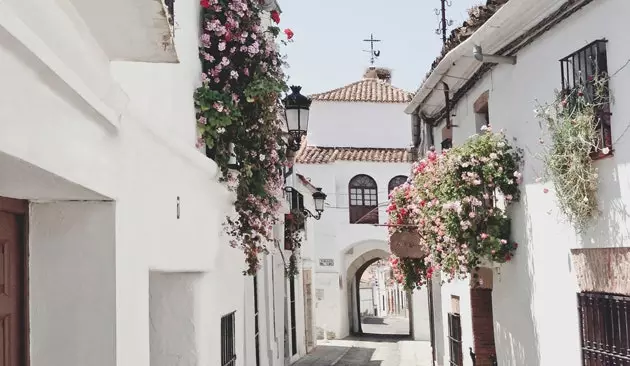
We don't go to town just 'because of the crisis'
3. THE REINVENTION OF THE RURAL
Economic situations aside, the scope of these experiences has changed and so has their offer. To the mere patrimonial or isolated charm of these places, we must also add certain private initiatives They have seen that something different could be done with the same ingredients. Paco Gonzalez , one of the owners of one of the trendy restaurants in Zafra, La CasaBar , believes that the public now enjoys “ landmarks , with tradition and history like my house where you can find a first floor where there is a gastro bar, which is the concept that is used now. People thought that this type of thing could not exist in a town, and yet they find hoteliers who follow this line”.
But this trend does not only translate into private initiatives. The Association of the Most Beautiful Towns in Spain seeks that the municipalities also become infected with this professionalization . “We think that the towns of our association not only have to be beautiful or have heritage, but that care is fundamental. The city council in its towns has to do like the hotelier in his hotel , it has to pamper its facades, keep its streets clean, have flowers and it must not allow traffic to degrade the environment” says Mestre.
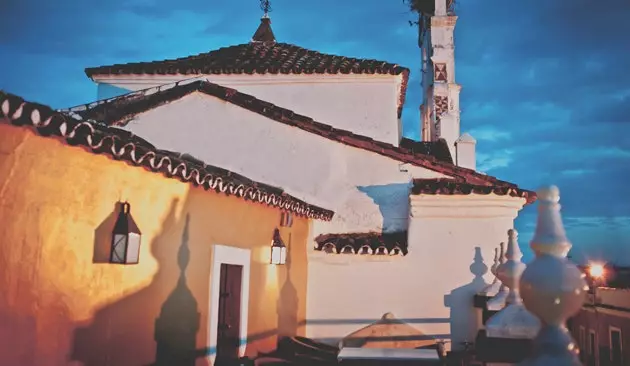
The reinvention of the classic
Four. BACK TO THE VILLAGE, ALSO PROFESSIONALLY
The fact that millennials do not reject the primitive environment is not only due to your taste for old bars, but also to the search for new alternatives so as not to perish in the mud of apathy and despair. Ángeles Jiménez that, behind this professional reinvention, there are "many young professionals who have turned their eyes towards their towns to create business opportunities in them, applying their knowledge and know-how to highlight the value and potential of rural tourism" .
In this task of modernize services and gastronomy , Paco González adds that you should also make the return trip and test what you like in the big cities and at fairs “it does help to open your mind and see what you like and what you don't. However, this is not even 50% of the work, although it is a fundamental 30%. The rest is determined by how you want to have your establishment, as well as the raw materials that the people put ”.
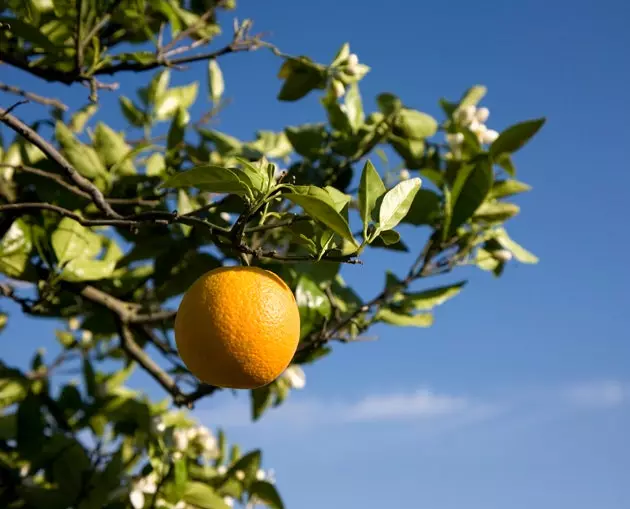
good raw material
5. TECHNOLOGICAL AND PROMOTIONAL FACILITIES
Far from having the great machinery of tour operators and travel agencies behind them, these small properties, rural houses and restaurants have supported on social networks and on different websites to reach their audience and have managed to speak in their own language. According to data from the Radiography of the rural traveler carried out by Top Rural, 84% of guests search for their accommodation using the new technologies and make the reservation online, either across platforms (60%) or by contact through direct email (41%) .
6. THE RURAL TRAVELER IS HERE TO STAY
There is no but in this statement. While Ángeles Jiménez believes that the main reason is that “the urban population is going to continue to grow and the exoticism of the rural will always be attractive . In addition, the encounter with products related to enjoyment such as wine and gastronomy , which is the case of our wine tourism route, will always be a very powerful value for the traveller”.
Along these lines, Joseba Cortázar focuses on the figures handled by Top Rural: “The fact that more than half of Spaniards consider themselves a rural traveler It comes to show that it is not something temporary but a need that many urbanites have to escape from daily stress and restore our balance in a natural environment”.
For his part, Fran Mestre is blunt: "I think this type of tourism is the future without a doubt . In the towns, the care of heritage and modernization will be constant”. Likewise, he also asserts that in the coming decades the work of raising awareness must also be key and that all municipalities, businessmen and neighbors must go hand in hand in order to continue exploiting this current. “ We think that the mentality has to change and it must be understood that, for example, in a historic center, pedestrianization is an important aspect that, over time, ends up giving much more wealth to businesses and, ultimately, to the town” he concludes.
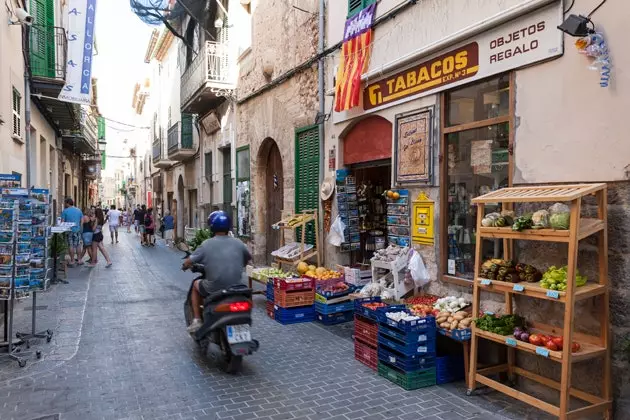
Rural tourism is here to stay
Follow @zoriviajero
*** You may also be interested in...**
- Rural love: the advantages of having a village or a town
- Route of the historic taverns of Malasaña
- The gastronomy of the Millennials
- The 'I leave everything' syndrome
- How to get out of the patron saint festivities alive
- The 200 most beautiful villages in Spain
- What if this year we spend the summer in the town?
- A weekend without a cell phone in the town where Asturias ends
- Villages revolutionized by artists: in search of ghost inspiration
- Rural getaway: fishing villages of Spain
- Rural map of Spain to travel with children
- All articles by Javier Zori del Amo
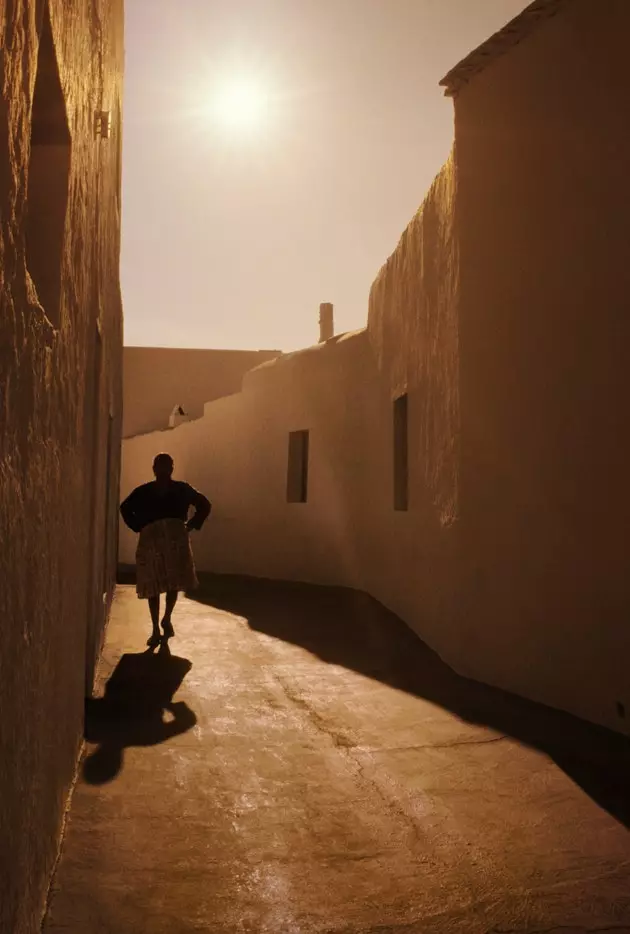
People, it must be said more
